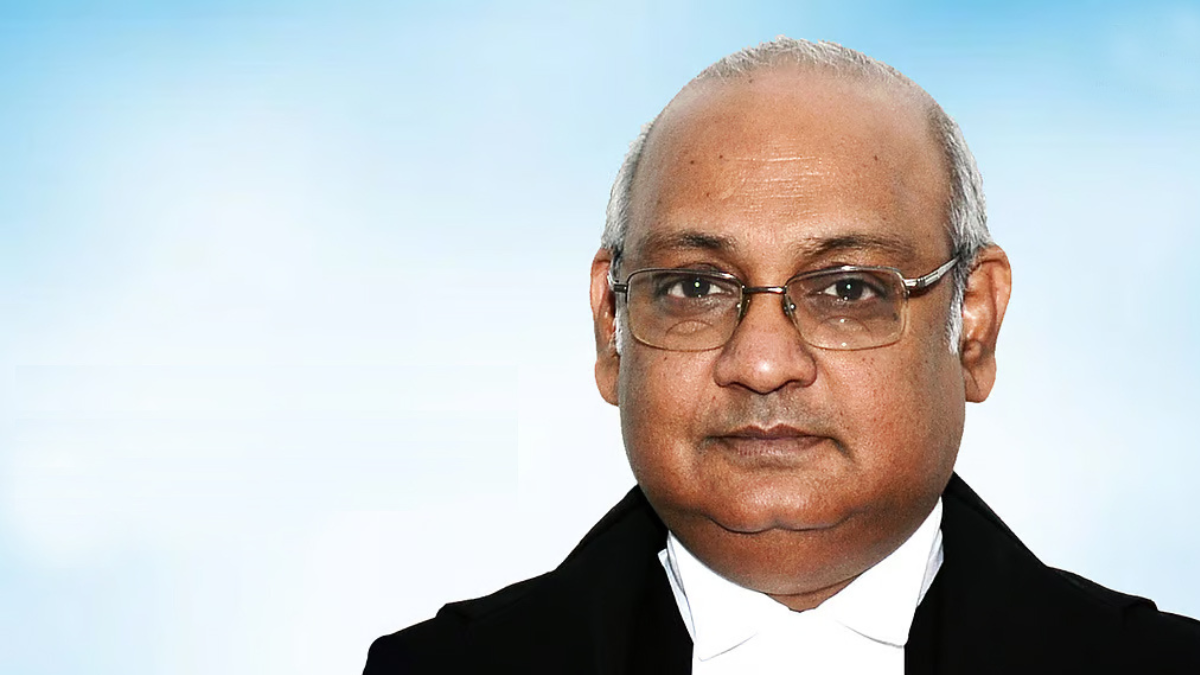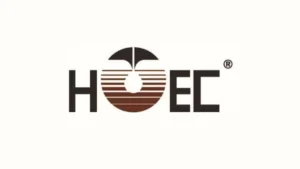In a significant development in the Indian legal landscape, Justice (Retd.) Dinesh Maheshwari, a former Supreme Court judge, has been appointed as the Chairperson of the 23rd Law Commission of India in April 2025. The announcement marks a crucial step in the government’s ongoing efforts to review and recommend reforms in various aspects of Indian law, particularly the long-debated Uniform Civil Code (UCC).
Tenure and Composition of the 23rd Law Commission
The 23rd Law Commission was formally constituted on September 1, 2024, with its term extending until August 31, 2027. It comprises a total of seven members, including:
- One Chairperson: Justice (Retd.) Dinesh Maheshwari
- Four full-time members: Including Hitesh Jain (a lawyer) and P. Verma (an academician who was also part of the 22nd Law Commission)
- Two ex-officio members: From the Department of Legal Affairs and Legislative Department
In addition, the government may appoint up to five part-time members, and serving judges, if included, will function as full-time members until their retirement or end of the Commission’s term.
Focus on the Uniform Civil Code (UCC)
A major agenda for the 23rd Commission will be to examine the feasibility of implementing a Uniform Civil Code (UCC)—a politically and socially sensitive subject in India. The UCC aims to replace personal laws based on religion or community with a common set of civil laws applicable to all citizens.
Background of UCC Consultations:
- The 22nd Law Commission, formed earlier, initiated nationwide consultations on the UCC in 2023, collecting public input from over 70 consultations.
- It had drafted a 749-page preliminary report, but the process was incomplete after its then-chairperson, Justice Ritu Raj Awasthi, was appointed as Lokpal.
- The 21st Law Commission, in its 2018 report, had opined that UCC was “neither necessary nor desirable at this stage”, creating a divergence in policy direction.
The 23rd Commission is now expected to revisit and finalize recommendations on this contentious issue, taking into account the changing socio-legal environment in the country.
Political Significance of the UCC Agenda
The Uniform Civil Code has long been a part of the Bharatiya Janata Party’s (BJP) core agenda, along with:
- The abrogation of Article 370 (granted special status to Jammu & Kashmir)
- The construction of the Ram Mandir in Ayodhya
Both of these promises were fulfilled during BJP’s second term (2019–2024). The UCC now remains the final pillar of the party’s ideological roadmap.
Developments in States:
- Uttarakhand became the first Indian state to implement a UCC, passing its own Uniform Civil Code Bill.
- Gujarat has also formed a drafting committee to explore the adoption of a similar code.
In 2022, the Central Government told the Supreme Court that the existence of different personal laws is an “affront to the nation’s unity”, indicating its strong support for legal uniformity.
Financial and Operational Structure
To support its functioning, the 23rd Law Commission has a well-defined compensation and operational structure:
- The Chairperson (Retired) will receive a monthly honorarium of ₹2.5 lakh, inclusive of pension benefits.
- The Retired full-time members are entitled to ₹2.25 lakh per month, also inclusive of pension.
The Commission is expected to work independently but in close coordination with the Ministry of Law and Justice, as well as other legal stakeholders and civil society organizations, to ensure inclusive and practical legal recommendations.



 Meet Saba Shawl: The First Kashmiri Woma...
Meet Saba Shawl: The First Kashmiri Woma...
 Deepak Gupta Takes Over as Chairman &...
Deepak Gupta Takes Over as Chairman &...
 Hindustan Oil Exploration Company Confir...
Hindustan Oil Exploration Company Confir...








